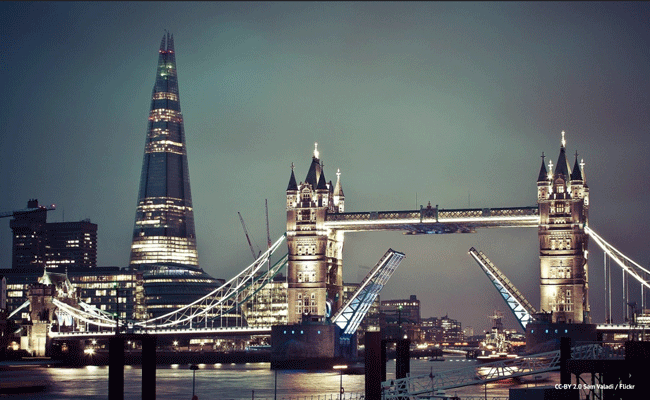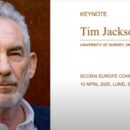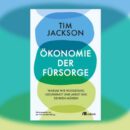Savings and investment represent a fundamentally prudential aspect of human behaviour. They embody a commitment to a shared future. In this blog, Tim Jackson looks at what tomorrow’s economy will be like and what role investment plays in it. (This article first appeared on the Alliance Trust Blog.)

Savings and investment represent a fundamentally prudential aspect of human behaviour. They embody a commitment to a shared future. A careful inspection of the investment portfolio speaks volumes about the state of a nation: the strength of its prudence, the morality of its markets and its vision for the future, not to mention its fiscal and financial stability. All of these can be gleaned from an informed examination of the national balance sheet.
Of course, attention to balance sheets was one of the things that went conspicuously missing in the years before the financial crisis. Policy-makers and investors alike missed (or turned a blind eye to) the imbalances and fragilities that were steadily accumulating as a result of lax financial policy and reckless market exuberance.
In retrospect, it was blindingly obvious. Net lending was dominated by disproportionate growth in lending to financial institutions. Instead of financing the real economy, finance was busy financing finance. Speculation was delivering a kind of casino economy. We were (almost literally) betting that the future doesn’t really matter. The ‘age of irresponsibility’, Gordon Brown once called it. Sooner or later it had to go bust – and might have done irreparable damage to society were it not for the deep pockets (and desperation) of the public debt.
It might have seemed as though it was just a financial crisis. But the dimensions of this irresponsibility were legion. Behind the now familiar story of speculation and hyper-financialisation lay a systematic distortion of the investment landscape: an irresponsibility towards people and planet. For too long, even productive investment in the real economy had been dominated by exposure to extractive industries, fossil fuels, materially damaging commodities, linear production processes: assets which must ultimately either degrade the environment and damage society or else end up hopelessly stranded.
In the last few years this threat of stranding has stimulated a popular (if somewhat unpredictable) pressure to divest away from fossil fuel industries, to hold companies accountable for the damage they cause, to situate an ethical burden of proof on investment managers. Shareholders (and fund managers) are beginning to exercise their power to reject companies which damage the environment, exploit supply chain labour or short-cut good governance. Ethical and sustainable funds are beginning to demand, in short, that our money should work for the common good.
The fact that these newer funds perform well, even against standard benchmarks, comes as a surprising challenge to the conventional wisdom. But it’s no real mystery. The value of investment today lies in the performance of the economy of tomorrow. And it’s becoming increasingly clear that the future will look rather different from the bankrupt financial architecture of the past. The days of privatising benefit and socialising cost are numbered.
Tomorrow’s economy will be built around resource efficient supply chains and low-carbon infrastructures, around fair wage deals and transparent governance, around the protection and restoration of social and environmental assets rather than their systematic destruction, around enterprise in the service of community and in harmony with nature. The first movers in this new investment landscape will (rightly) benefit from its many dividends. So too will the rest of society.




